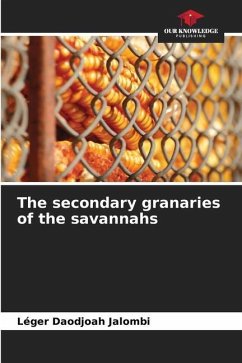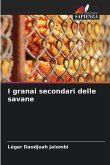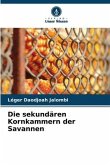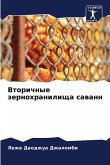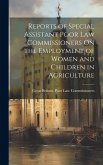When it comes to assessing Africa's economic potential, the focus is on its subsoil, its people and, to a lesser extent, its agriculture, which is struggling to produce the cereals needed to feed its people. Witness the quantities of rice from Asia that invade African markets every day. Africa's potential for fruit production is not often mentioned, because it is assumed to be derisory and ignored. Apples and other fruits marketed worldwide are hardly produced in Africa. Ignorance of the potential of African fruit is also a factor in the neglect of fruit production potential. When we do talk about fruit production, it's limited to the bananas and pineapples that some African countries export. In this book, we focus on a few fruits that are typically African or common to tropical environments, often referred to as exotic fruits. They enable entire families to get through the lean season without worry. As for the wealth of traditional pharmacopoeia, there's still a long way to go!
Bitte wählen Sie Ihr Anliegen aus.
Rechnungen
Retourenschein anfordern
Bestellstatus
Storno

